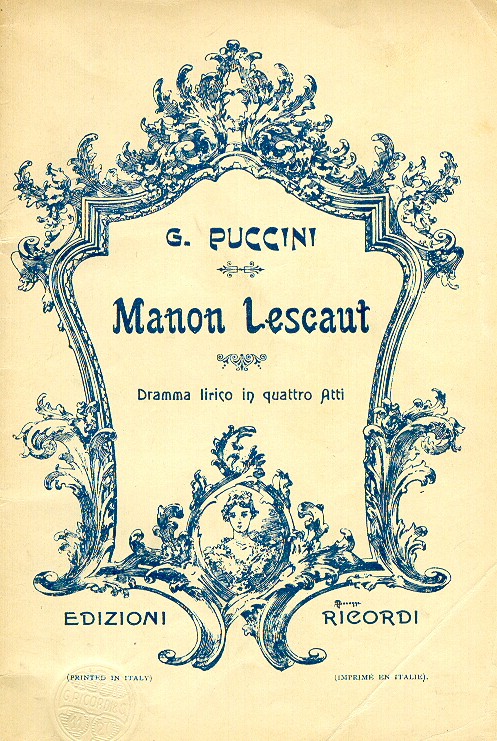
Sir Francis Galton, by Octavius Oakley, credit National Portrait Gallery
Eternal Recurrence
Superior: The Return of Race Science, Angela Saini, 4thEstate, 2019, 342pp, reviewed by Ed Dutton
Angela Saini can skilfully encapsulate her subject in a striking yet poignant image, so that the reader feels what this Guardian journalist wants them to feel: that ‘race’ is simply a means by which white people subjugate other ‘races’, that anyone who thinks that ‘race’ is a biological reality should feel guilty, and that ‘race’ has hurt people like Angela, an ethnic Punjabi, born in Newham and raised around Welling in southeast London.
In one of the most memorable examples of this writing skill in her new book Superior, she takes us on a journey. She has travelled widely to research this book, from interviewing an Aborigine in Australia whose parents were forcibly removed from their families, to conversing with a geneticist in India who suggests that caste correlates with cognitive ability – to a long-forgotten area of Paris. In 1907, it played host to the Paris Exposition, a giant outdoor anthropology museum in which people of different races were placed in simplified mock-ups of their own homeland so that Westerners could observe them, like exotic animals in a zoo. Angela brings the scene to life, stimulating our senses so that we ‘feel’ that we are in Paris with her and then she adds:
‘To one side is a weathered sculpture of a naked woman, reclining and covered in beads, her head gone, if it was ever there at all. A solitary jogger runs past’ (p.46).
In this short paragraph, Angela connects us to the human zoo, and what it represented; decay and death, pornography, the exploitation of females, and to Ancient Greece and its worship of the human form, but also to the scientific fervour of the Ancient world. Continue reading



















Trump Barters for Borders – and Wins
Ilana Mercer
Trump Barters for Borders – and Wins
by Ilana Mercer
If President Trump doesn’t waver, his border deal with Mexico will be a victory. The Mexicans have agreed to quit serving as conduits to hundreds of thousands of central Americans headed for the U.S.A. Despite protests from Democrats, stateside—Mexico has agreed to significantly increase enforcement on its borders. At first, Mexico was as defiant as the Democrats—and some Republicans. Democrats certainly can be counted on to argue for the other side—any side other than the so-called sovereign people that they swore to represent.
In fairness to the Democrats, Republicans are only notionally committed to the tough policing of the border. And certainly not if policing the porous border entails threatening trade tariffs against our neighborly narco-state. Some Republican senators even considered a vote to block the tariffs. Nevertheless, to the hooting and hollering of the cretins in Congress and the media, Trump went ahead and threatened Mexico with tariffs.
More than that. The president didn’t just tweet out “strong words” and taunts. Since Mexico, the party duopoly, and his own courts have forced his hand, the president proceeded to “retrieve from his arsenal a time bomb of ruinous proportions.” Or so the Economist hyperventilated. Continue reading →
Share this:
Like this: